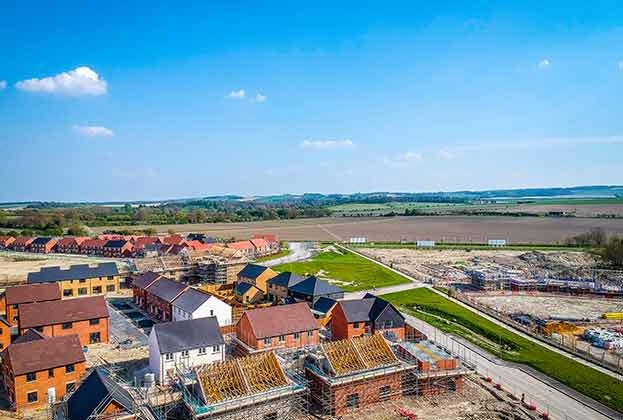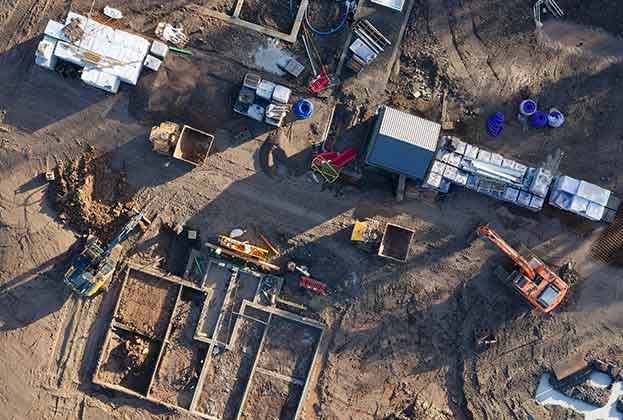For decades there has been a failure to deliver enough of the economic and social infrastructure a fair, efficient, and sustainable society must rely on. The reasons for this are complex and the government’s Planning and Infrastructure Bill will address some of them.
Critical needs
Streamlining critical infrastructure has a head start for renewable and low-carbon energy planning because the concept of Critical National Priority infrastructure was unexpectedly introduced in the wording of National Policy Statement for energy (EN-1) in January this year.
But energy is not the only critical need. Water, for example, is a resource society cannot function without and its scarcity will create permanent damage to biodiversity and climate. A number of big reservoir, pipeline, effluent re-use and other projects are now at early stages of achieving development consent orders; a process this Bill aims to simplify.
Keeping National Policy Statements (NPSs) up to date will, of course, be useful not just to the Development Consent Order regime but also as they are material considerations in the Town and Country Planning Act (TCPA) system.
It has to make sense to streamline legal challenges which not only delay projects because of the time they take to pass through the courts but also because of the incentive for extreme detail they create for application documentation.
Compulsory purchase reform
The Bill also proposes to reform the compulsory acquisition process and this should also be welcomed by developers and landowners if it speeds up decisions and projects.
Onshore wind
Finally the Bill will hopefully turbocharge onshore wind in England, unbanned in TCPA planning by one of the first acts of the Labour government. Changes to the Nationally Significant Infrastructure Projects regime to re-introduce it are now out for consultation.
Further information
Contact Rob Asquith or Ian Cutts
.jpg)



.jpg)

.jpg)

.jpg)
.jpg)
-be-a-significant-emerging-asset-class-in-europe(1).jpg)